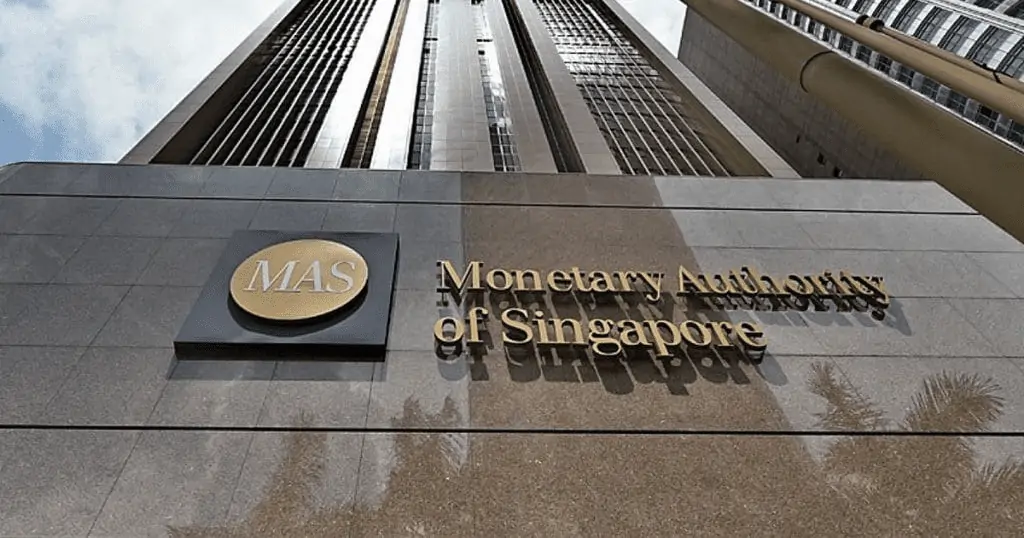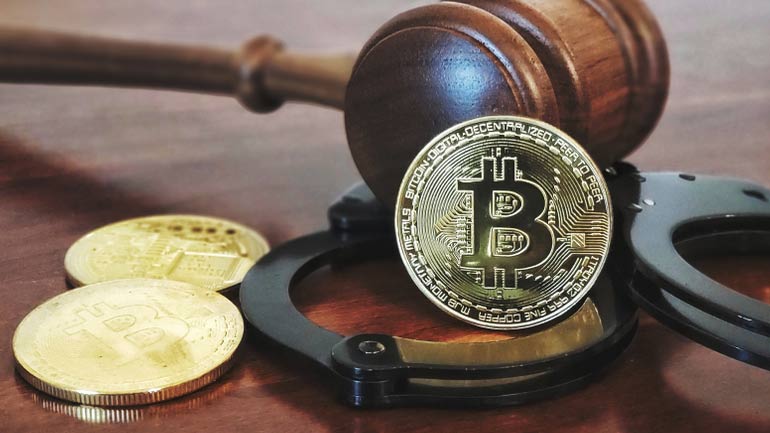Singapore And UK Partner For Global Crypto Regulatory Standards
Key Points:
- The United Kingdom and Singapore join forces to develop global regulatory standards for cryptocurrencies and digital assets, emphasizing the importance of international standard-setting bodies like IOSCO and FSB.
- Both countries discuss their individual approaches to CBDCs, stressing the need for collaboration and standardized regulation.
- The two countries sustain their dialogue and collaboration on the regulation of crypto and digital assets, and explore collaboration on sustainable finance, fintech, and innovation.
The United Kingdom and Singapore have recently come to an agreement to work collaboratively on the development and implementation of global regulatory standards for crypto and digital assets. This agreement was formed as part of their ongoing financial dialogue and partnership.

The two countries have also had discussions regarding their individual approaches to central bank digital currencies (CBDCs) which is a digital version of a country’s fiat currency. Both countries emphasized the importance of these efforts and the need for them to be part of international standard-setting bodies like the International Organization of Securities Commissions (IOSCO) and the Financial Stability Board (FSB).
The United Kingdom and Singapore have agreed to sustain their dialogue and collaboration on the regulation of crypto and digital assets. They will also work together on other areas such as sustainable finance, fintech, and innovation.

In June, the Monetary Authority of Singapore published a whitepaper that outlines a standard for the use of digital currencies, including CBDCs. This whitepaper was created in partnership with the International Monetary Fund (IMF) as well as the central banks of Italy and South Korea, among others. It is expected that this initiative will pave the way for more countries to adopt similar standards and contribute to the global evolution of digital currencies.
DISCLAIMER: The Information on this website is provided as general market commentary and does not constitute investment advice. We encourage you to do your own research before investing.






















